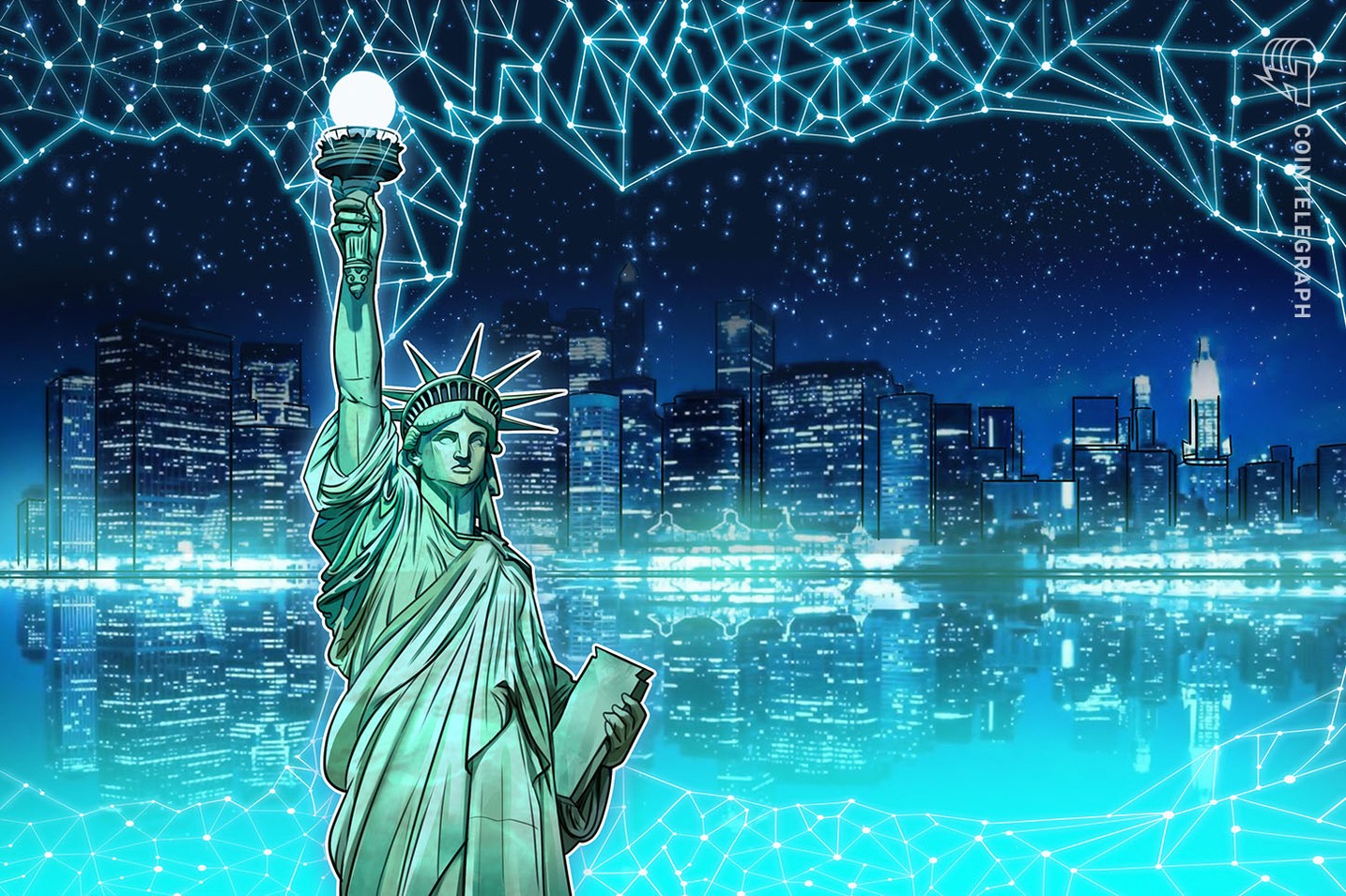The tech titan, Google, is engaging in fruitful talks with the European Union authorities, focusing on trailblazing artificial intelligence laws and the safe and responsible deployment of AI technology.
Google is keen on developing tools to quell the EU’s concerns about AI, one of which includes the difficulty in discerning human-generated content from that crafted by AI.
Google balancing AI development with regulatory compliance
Google, primarily known for internet search innovation, seeks to tread the path towards AI technology with responsibility, assuring that its advancement poses minimal risk and maximizes value for users.
Under the leadership of Thomas Kurian, Google’s cloud computing division has been fervently interacting with the EU government to achieve this goal.
The technology giant has embarked on developing unique mechanisms that will allow for a clear distinction between human-generated and AI-crafted content. A testament to this commitment was the recent unveiling of a watermarking solution, a tool designed to tag AI-produced images.
This innovative solution provides a glimpse into Google’s strategy for establishing a self-regulating AI environment, a move that precedes the formalization of AI laws and reflects a trend among large tech corporations.
AI tools are experiencing rapid evolution, yielding capabilities far beyond previous versions. New-age technologies, such as ChatGPT and Stability Diffusion, have expanded the scope of AI’s functionality, facilitating tasks like coding assistance for programmers.
However, these advancements are not devoid of controversy. EU policy makers express concern that these AI models, trained on vast amounts of public internet data, some of which are copyright-protected, might trigger a surge in content production that infringes on copyright laws.
This would subsequently jeopardize the livelihood of creative professionals who rely on royalties.
In response to this issue, the European Parliament approved legislation aimed at ensuring AI applications comply with copyright laws. Known as the EU AI Act, this law mandates that training data for generative AI tools should not violate copyright regulations.
Navigating the future of AI with responsible regulation
The grandeur of generative AI’s capabilities, ranging from creating song lyrics to writing code, has astounded both academia and industry. Yet, it has ignited concerns over potential job displacement, misinformation, and bias.
These concerns have been echoed by Google’s own staff, some of whom have criticized the hurried pace of AI development. Notable Google personalities, like Timnit Gebru and Geoffrey Hinton, have expressed their discontent with Google’s AI handling, especially with its inadequate emphasis on ethical considerations.
Google, acknowledging these issues, is ready to embrace regulation. Kurian stressed Google’s readiness for regulation, stating that the company believes in the power of AI and advocates for its responsible regulation.
In the global race towards AI regulation, countries like the U.K. have introduced a framework of AI principles for enforcement, as opposed to codifying these guidelines into law. Similarly, the U.S. under the Biden administration has proposed regulatory frameworks for AI.
However, a common industry complaint is the slow response of regulators to the swift evolution of technology. Hence, many companies, Google included, prefer to create their internal guidelines for AI, rather than wait for formal laws to be enacted.
This self-regulatory approach could be a game-changer in navigating the future of AI and its regulation.





